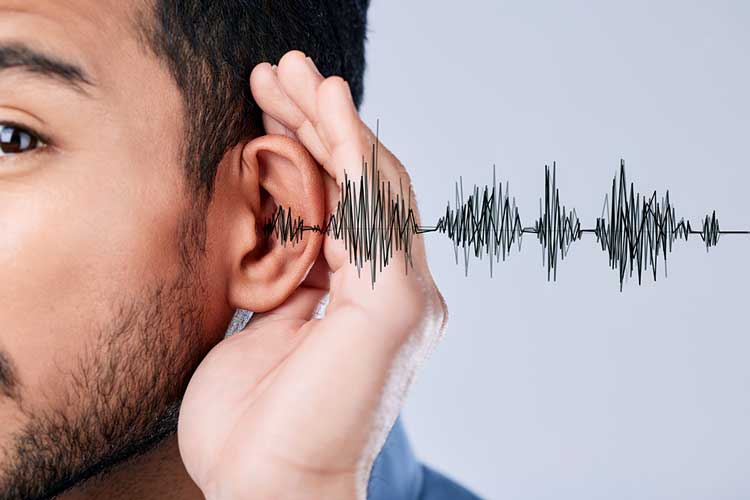Can Hearing Aids Really Help Me?
Last updated November 2024

Hearing aids can benefit most people who suffer such losses, plus help them avoid other serious health problems: Several studies have found that the social isolation hearing loss brings can trigger depression and trouble with concentration; recent research indicates that those with untreated hearing loss have a greater risk of developing dementia or undergoing other cognitive decline.
Unfortunately, most people with hearing loss don’t seek help. A study by researchers at Johns Hopkins University and the University of Michigan determined that 53 percent of 71-to-74-year-olds had at least some degree of hearing loss and that 90 percent of those 85 and older did. But that study also found that only 29 percent of those with hearing loss use aids.
Many people with hearing loss don’t seek help because they don’t want to acknowledge a handicap. But many models are quite small and are hidden completely inside the ear canal.
Other individuals experiencing hearing loss don’t seek help because they think aids aren’t effective. Decades ago, before digital technology, many hearing-aid wearers thought the devices were more trouble than they were worth. But modern aids are technological marvels that identify and amplify sounds you need to hear while suppressing other noise. Bluetooth technology lets them directly transmit sound from TVs, phones, and computers, and helps aids worn in each ear communicate with one another to enhance audio quality.
Hearing aids can’t fully compensate for hearing loss the way that eyeglasses restore 20/20 vision. They are rehabilitative tools that can help wearers fulfill their best hearing potential. But this potential varies and depends on the nature and extent of hearing loss. Some hearing aid wearers can hear voices but can’t always understand the words. This is particularly the case for those who suffer from high-frequency hearing loss or who have damage to their auditory systems. For them, the benefits of hearing aids may be limited.
Although hearing aids can’t restore normal hearing, they have improved the lives of millions—enabling people to use their senses more fully and communicate more effectively. Many first-time hearing-aid wearers are surprised at the improved quality of their lives.


